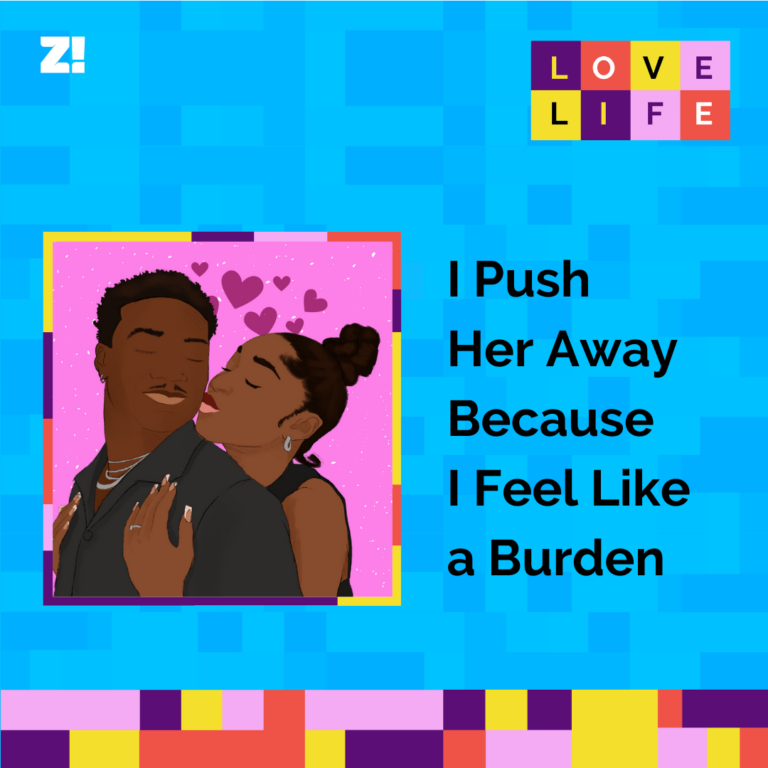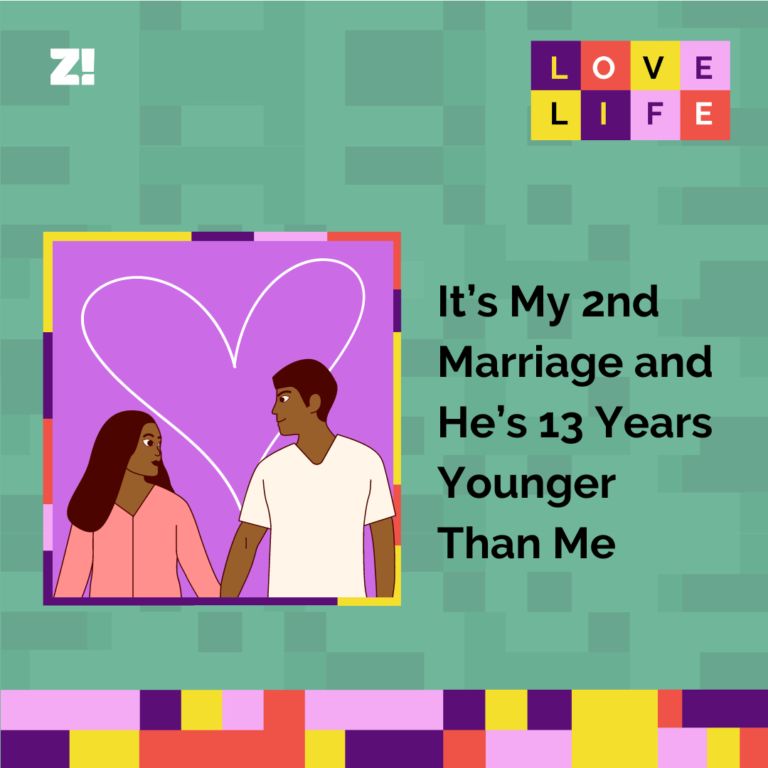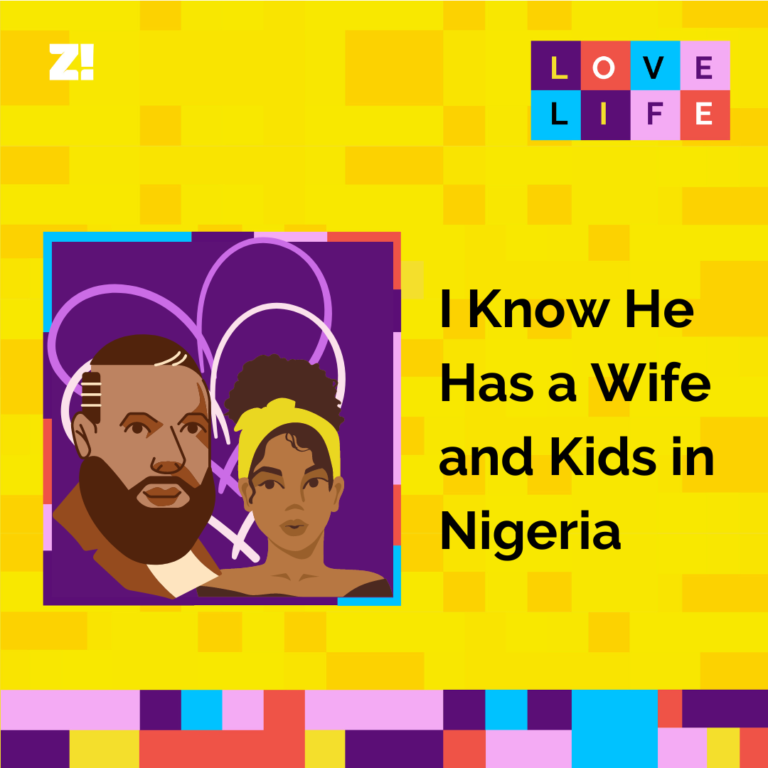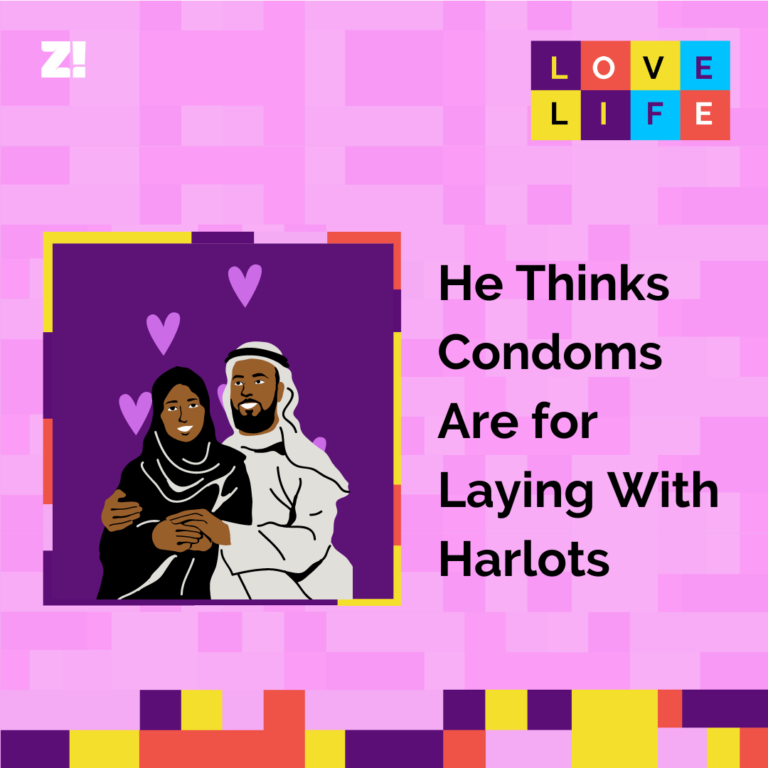It’s the day after the first Monday in May 2024, and while I stayed up all night — 1 to 4 a.m., to be precise — celebrity-watching the iconic red green carpet of “The Garden of Time”, I thought, as many people have before me, “Why don’t I reimagine a Nigerian Met Gala of my own?”
With major help from AI, here’s what all 36 Nigerian states would wear to this gala if they somehow came to life.
Abia
Inspired by the Arochukwu Long Juju, the outfit would feature regal elements and intricate patterns, incorporating colours that reflect spiritual traditions and history.
Adamawa
Known for its rich cultural heritage and diverse communities, the outfit would embrace the traditional clothing of the Fulani, incorporating flowing robes and cowrie shells.
Akwa Ibom
This outfit would be a nod to the rich textile tradition of the state, focusing on raffia and vibrant woven patterns reminiscent of local crafts.
Anambra
Drawing inspiration from the Igbo Ukwu archaeological site, this ensemble would include metalwork and designs that echo ancient artefacts and the Igbo cultural legacy.
Bauchi
Highlighting the Yankari Game Reserve, the outfit would feature animal motifs and earthy tones, incorporating feathers and beaded details to represent wildlife.
Bayelsa
This outfit would represent the state’s coastal region with a touch of oceanic meets blooming flower themes.

Benue
Known for its Tiv culture, the ensemble would use the traditional black and white striped “A’nger” cloth, creatively designed into a dramatic red-carpet gown.
Borno
This outfit would reflect the Kanuri heritage, with intricate embroidery and bold colours, referencing the traditional attire of the region.
Cross River
Inspired by the Efik culture and Calabar Carnival, this outfit would be colourful, vibrant and celebratory, with feathers, beads and elaborate headpieces.
Delta
This outfit would combine elements of the Urhobo and Itsekiri cultures, using traditional fabrics and incorporating symbols of the oil industry, a nod to the state’s economy.
Ebonyi
The outfit would draw on the agricultural heritage of the state, featuring natural fibres and earthy tones, with a focus on texture and layering.
Edo
Inspired by the rich history of the Benin Kingdom, this ensemble would incorporate bronze work, coral beads and regal silhouettes that pay homage to the Oba’s court.
Ekiti
Known for its hilly terrain, this outfit would have a layered and flowing design, with patterns that resemble the landscape and traditional Yoruba fabrics.
Enugu
The outfit would reflect the Atilogwu dance with bright rainbow tones and a red velvet silhouette, complemented by shimmering details that symbolise the state’s transformation.
Gombe
Inspired by the Ashaka cement industry and the savannah landscape, this outfit would feature rugged textures and industrial elements, with pops of green to represent the Gombe forest.
Imo
This outfit would draw on the cultural elements of the Igbo people, featuring classic Igbo fabrics and patterns, with a modern twist on traditional silhouettes.
Jigawa
With its roots in agriculture, this outfit would use natural fibres and patterns inspired by farming, with earthy colours and rustic elements.
Kaduna
Known for its multiculturalism, the outfit would bring together Hausa, Gwari and other influences, with a focus on vibrant colours, embroidery and layered fabrics.
Kano
As one of Nigeria’s historic centres of commerce, this outfit would combine traditional Hausa designs with gold and silver elements, symbolising the wealth and heritage of Kano.
Katsina
This outfit would draw from the Emirate traditions, with richly embroidered textiles and dramatic silhouettes that reflect the regal history of the state.
Kebbi
The outfit would feature patterns inspired by the Argungu Fishing Festival, incorporating fish motifs and aquatic colours, with a flowing design to reflect the movement of water.
Kogi
Known for its confluence of rivers, this outfit would be inspired by water themes, with blues and greens, and intricate flowing patterns to represent the river junctions.
Kwara
This outfit would reflect the state’s rich history of textile production, focusing on Aso Oke fabrics and intricate embroidery, with a mix of traditional and modern elements.
Lagos
As Nigeria’s commercial hub, the outfit would embrace contemporary fashion trends, with a cosmopolitan feel, mixing urban style with traditional Yoruba motifs.
Nasarawa
This outfit would reflect the state’s solid mineral resources, featuring metallic fabrics and industrial elements, with a structured design to symbolise the state’s wealth.
Niger
Inspired by Afro-nomadic culture, the outfit would feature white feathers and brown tones and a focus on African-Islamic style.
Ogun
Known for its agricultural products, especially cocoa and rubber, the outfit would use rich, earthy colours and textures, with elements that represent the state’s industries.
Ondo
This outfit would be inspired by the Yoruba culture and traditional festivals, incorporating rich fabrics, beadwork and dramatic headpieces that reflect the state’s heritage.
Osun
The outfit would be inspired by the famous Osun-Osogbo Festival, with flowing fabrics and natural colours, emphasising harmony with nature and spiritual connections.
Oyo
Known for the historic Oyo Empire, this outfit would embrace regal designs and traditional Yoruba patterns, with a touch of modernity to bring the ancient and contemporary together.
Plateau
Inspired by the state’s scenic landscape and rocky formations, this outfit would have a rugged aesthetic, using earthy tones and textured fabrics to reflect the plateau’s terrain.
Rivers
A flowing gown representing the serene waters of the Niger Delta, adorned with motifs inspired by the rich cultural heritage of the region’s indigenous tribes such as the Ijaw and Ogoni people.

Sokoto
A regal outfit inspired by the Sokoto Caliphate, with traditional Hausa embroidery, flowing fabrics, and turbans.
Taraba
An ensemble drawing from patterns and designs that reflect the diverse traditional influences of the city.
Yobe
An outfit inspired by the Nguru dunes, with earthy tones and patterns that reflect the desert landscape and traditional attire.
Zamfara
A garment inspired by the traditional weaving crafts, with intricate patterns and a colour scheme that represents the craftsmanship of the region.

RELATED: 8 Nigerians That Should Be Invited to the Met Gala




